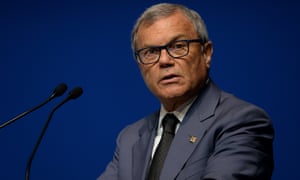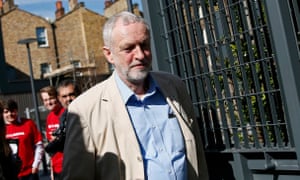 Our online efforts to boost local democracy
Our online efforts to boost local democracy
There is no easily accessible online information about local elections, candidates and subsequent results, leaving many voters in the dark when it comes to who they are electing locally and the political makeup of their councils. We believe that voters should have as much information, as transparently as possible, to help them make these decisions and understand their potential consequences. That’s when democracy works best.
Local democracy is at its strongest when people have all the information they need about who makes decisions in their area. Right now, that information is simply not good enough. We urgently need to improve it.
Media Monkey: Martin Sorrell, Rupert Murdoch and Jeremy Irons

According to the “Rules of Engagement” small print at the back, “we exclude Rupert Murdoch”, the chairman of the paper’s parent company, “as he is a US citizen and based in America”, although these rules also state that even foreigners who merely possess “strong links to Britain” are included. Turn to the top of the chart and you oddly find at No 3 music-to-metals magnate Len Blavatnik, likewise a “US citizen”, likewise an owner of luxury residences in New York and London, and someone – like other non-Brits on the list – with less strong links to Britain than the ultimate owner of three of its national newspapers and Sky. Among those also deemed eligible, with real or theoretical residence abroad evidently not disqualifying them, are the Monaco-based Barclay brothers at No 12 and Viscount Rothermere (who reportedly has non-dom status) at a surely disappointing No 117. Richard Desmond, a rare instance of a British and British-based press baron, comes between them in 48th spot, his £2.25bn estimated fortune more than twice Rothermere’s £1bn.



